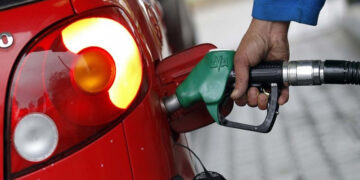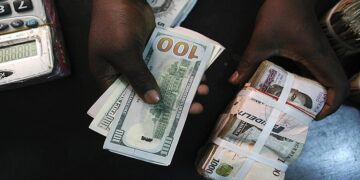By Ebi Kesiena
In the month of May, Kenya’s private sector activity fell but at a slower pace than its performance in April, helped by improved performance in agriculture and construction but hurt by rising fuel prices and a weakening shilling.
According to a survey published on Tuesday, the Stanbic Bank Kenya Purchasing Managers’ Index (PMI) was at 49.4 in May, up from 47.2 a month earlier, but still below the 50-mark that divides growth and contraction territory.
While Inflation rose to 8% year-on-year in May from 7.9% a month earlier, data from the statistics office showed.
Mulalo Madula, an Economist at Stanbic Bank, said “Inflationary pressures meant weak demand; new orders declined, as did output in the manufacturing and wholesale and retail sectors,”
In its latest review done in mid-May and to run for a month, the Energy and Petroleum Regulatory Authority raised the maximum price per litre of petrol by 2%, diesel by 4% and kerosene by 10%.
Costs of energy and transport have a significant weighting in the basket of goods and services used to measure inflation in the East African country.
However, the survey said that output was up in agriculture and construction.
The shilling, which has been weakening against the dollar since around mid-2021 and continues to hit new record lows, is down 11% so far this year.



































